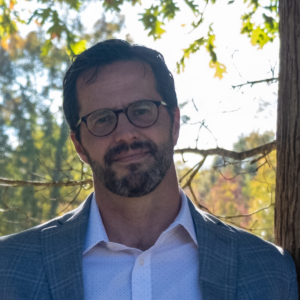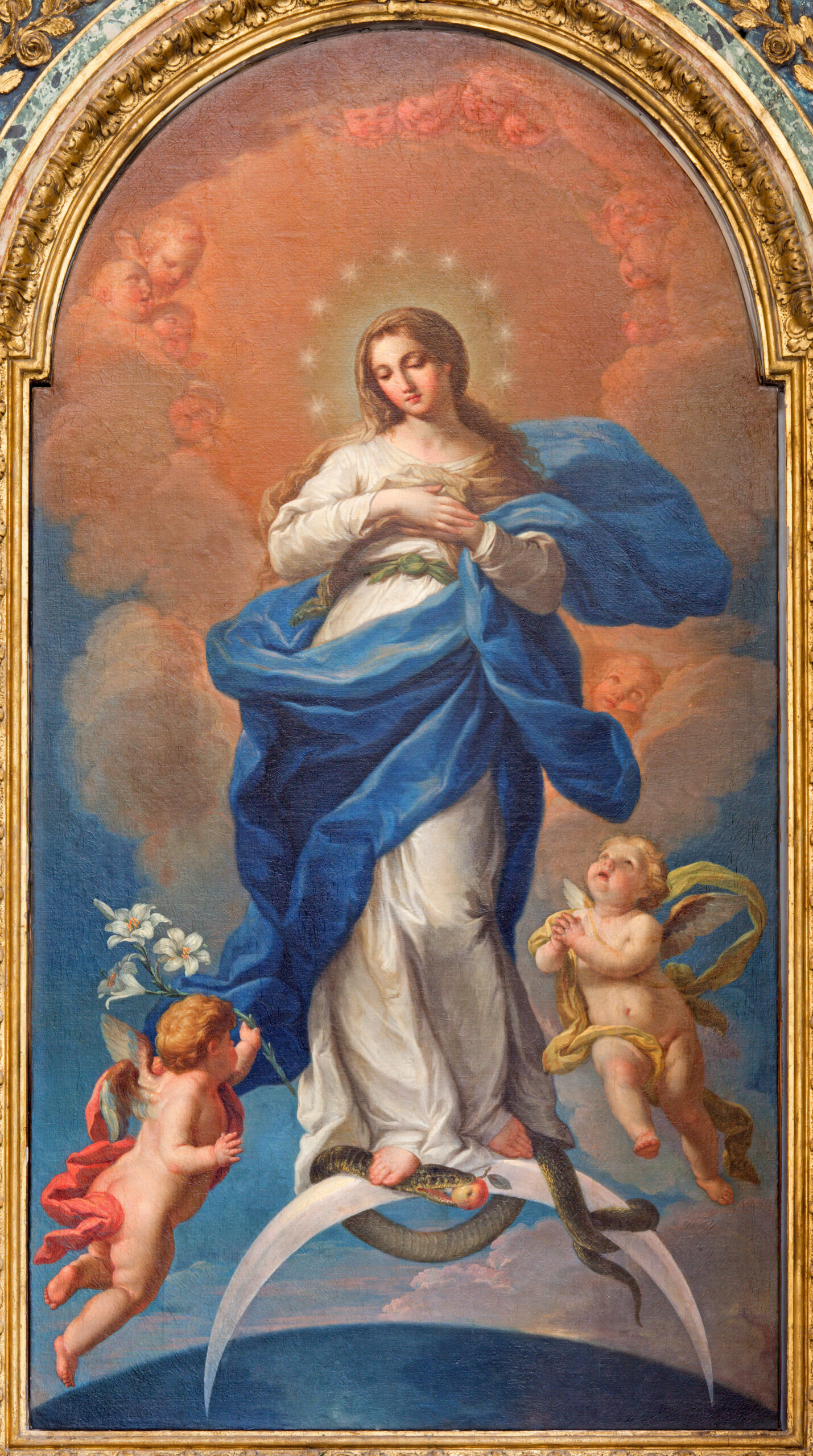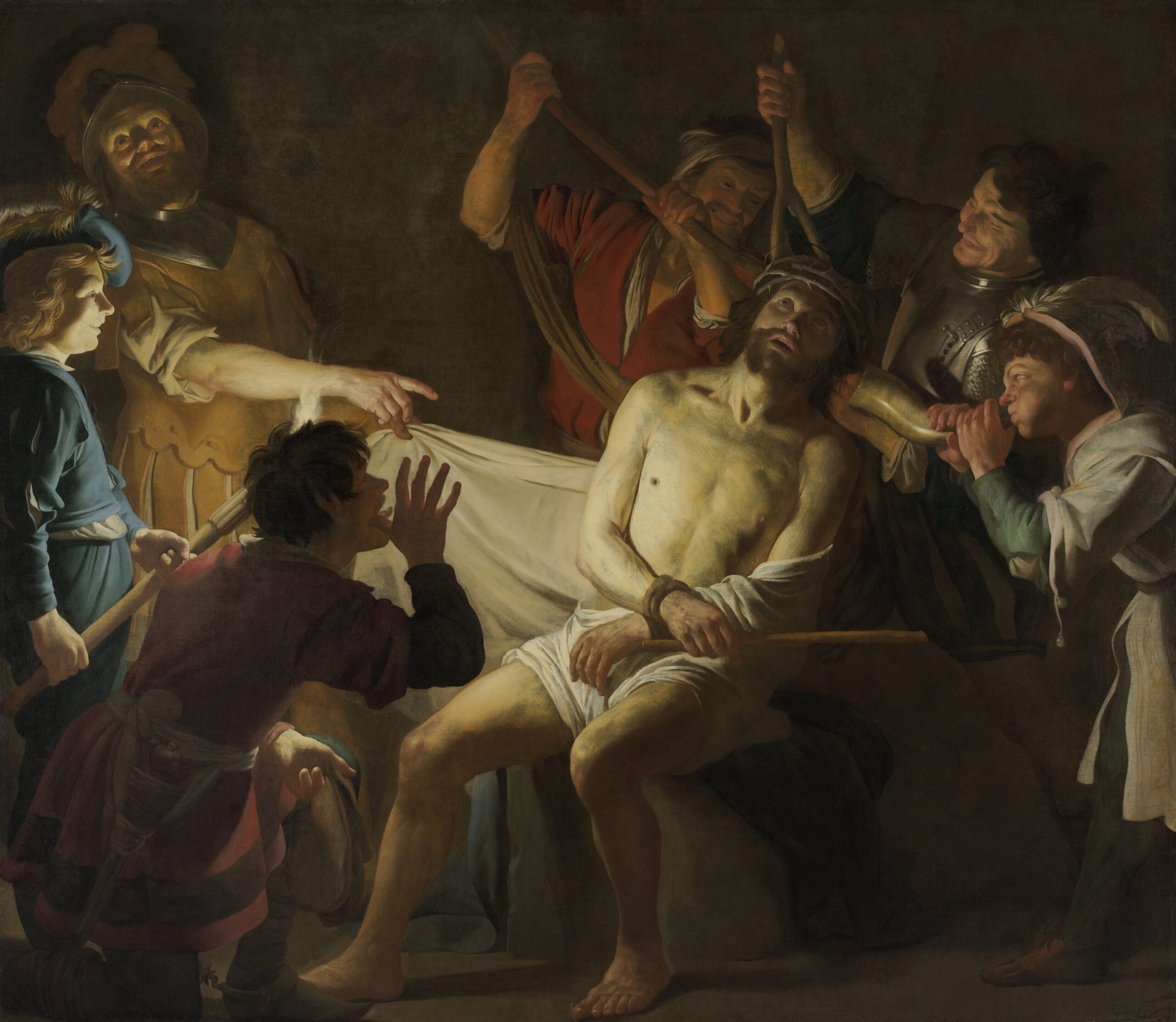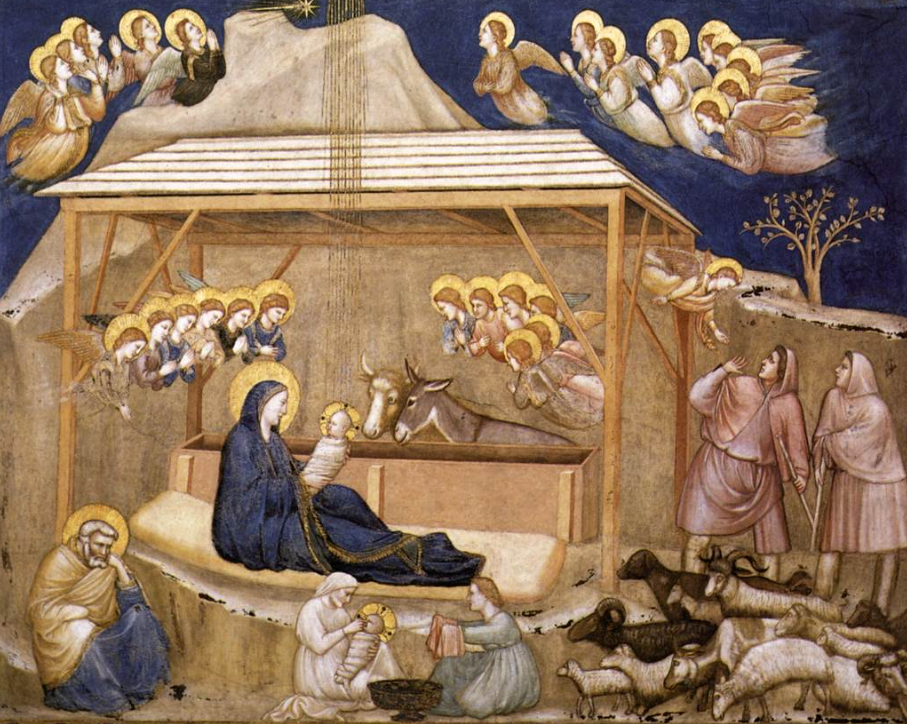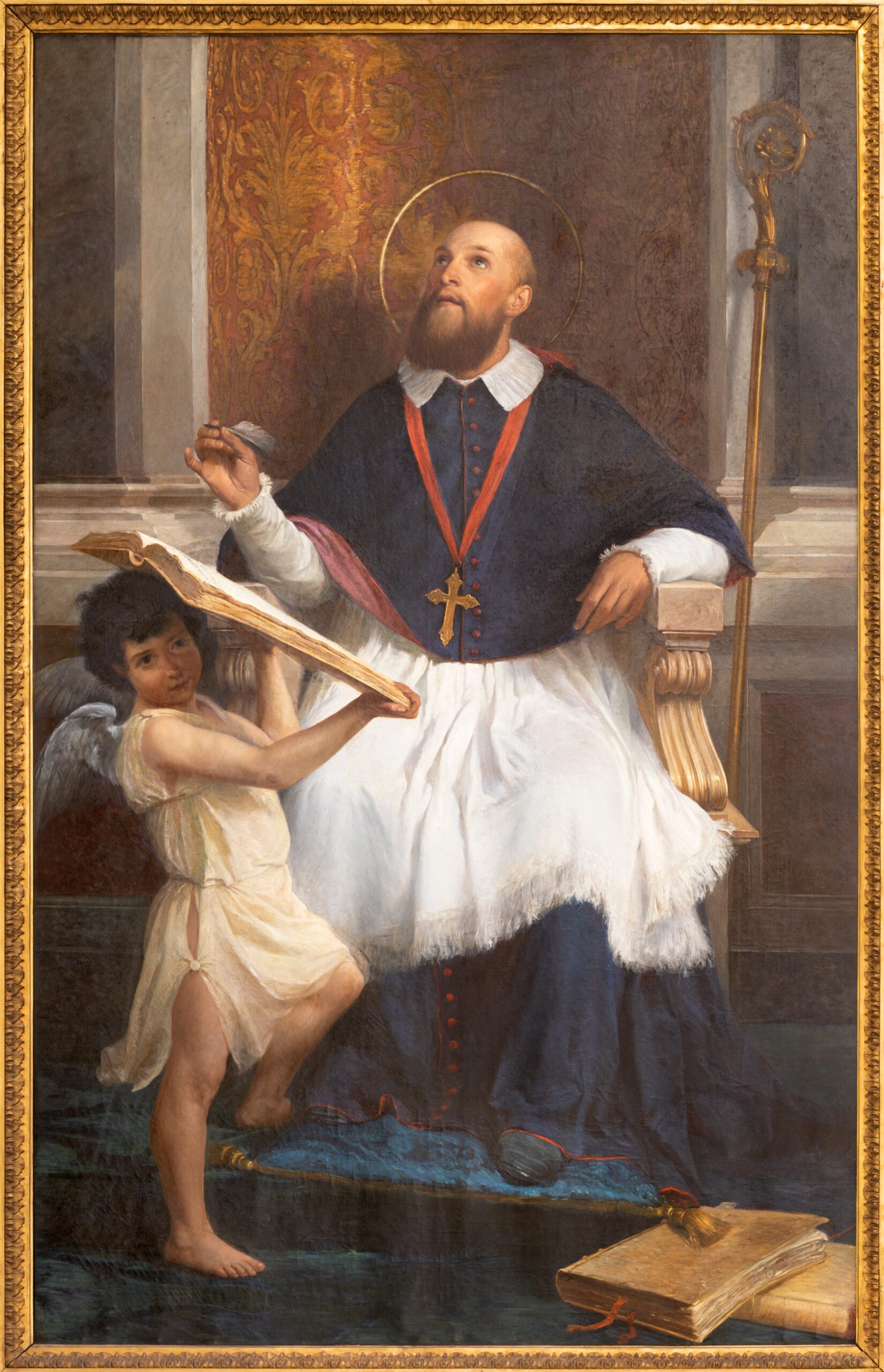You did it, O Lord. You actually did it! Your idea of the Incarnation was incarnated. Your Father’s Word was spoken. It was a Word brighter than His word, “Let there be light,” for the abounding darkness of our sinful world was darker than the abyss of nothingness.
In the beginning of our universe, You brought the cosmos out of nothing into something. But in the small town of Nazareth, You did nearly the opposite: You broke forth from the absolute to the contingent, from the Creator to the creation, form the immutable to the mutable, from the omniscient to the weak, form the omnipresent to the confines of DNA and atoms and cellular walls and to the confines of a Nazarene womb.
The humility, dear Lord, of the King of kings to become confined by flesh and blood boggles my mind. The meekness of restraining Your strength to that of bone and muscle, tendon and tissue and sinew is something beyond my ability to appreciate.
And yet, I see a humility far beyond this in Your incarnation. There was an act of humility in this little scene in Nazareth that plumbed the depths of Your divine humility—something that displays Your infinite humility and meekness more than any other of Your actions on this earth. I dare say, O Lord, that this of which I write even surpasses the humility and meekness required of You to be scourged and crowned and pined to a cross with nails.
The meekness You would show thirty-three years later—withholding Your strength, Your rightful vengeance upon those who would think they had consumed You—and the humility You would have to endure when you subjected Yourself to the bloodthirsty Jews and Romans pale in comparison to Your entire plan of salvation, the magnificence of the Incarnation, and the splendor of the Annunciation. In your humility, you made all of this dependent upon the finite humility of Mary. Thus the ultimate expression of divine humility was not the Incarnation but rather subjecting Yourself to human humility.
The biggest inversion of reality was not the Creator becoming the creature but divine humility limiting its own manifestation to human humility. The meekness of this inconceivable notion dwarfs Your willingness to take blows from Roman soldiers, for that was in furtherance of becoming a sacred lamb. That was to show the true nature of sacrificial love. And that came after You boldly proclaimed that You would rise again. All of this in anticipation of Your eternal glory.
But here, the angel Gabriel announced something very particular. He spoke in the future tense: “Behold, thou shalt conceive in thy womb” (Luke 1:31). It had not happened yet. It had not happened because the little girl had not yet consented. She had not yet given her fiat. She had not yet humbly accepted the gift of Your humility.
And so she asked, not in disbelief, but in humble desire to better know so that she could better love, so that she could better serve, “How shall this be done, because I know not man?” (Luke 1:34).
Gabriel explained how it would come to be, for again, she had not yet given her fiat. “The Holy Ghost shall come upon thee and the power of the most High shall overshadow thee. And therefore also the Holy which shall be born of thee shall be called the Son of God. And behold thy cousin Elizabeth, she also hath conceived a son in her old age; and this is the sixth month with her that is called barren: Because no word shall be impossible with God” (Luke 1:35–36).
Is this moment, O Lord—right between Luke 1:37 and Luke 1:38—the most important moment in all of Scripture? Was this moment the most important in the history of the universe? I see now, O Lord, Your plan to redeem mankind, to bridge the unbridgeable gap between You and fallen man, hung in the balance. Your legions of angels from all nine choirs must have gathered in droves around Ann and Joachim’s house waiting in anticipation. I imagine their attention was so drawn to that little girl in that little house that even they would have struggled to stay on task elsewhere.
I wonder, did guardian angels of the ninth choir forget their duties in order to focus on the soon-to-be Virgin Mother? Did any stone mason in Rome clumsily fall off his ladder? Did some Egyptian housemaid uncharacteristically stick her finger with a needle? How many carpenters, perhaps even Joseph, slammed their thumbs with a hammer? Did soldiers in procession of every army of every kingdom awkwardly stumble in unison, invoking the giggles of onlookers? You have assigned not just guardian angels but archangels to great dignitaries in both Church and civil roles. Did Herod stub his toe in front of his entourage? Did the high priest trip on his elegant vestments and choke on his incense? Did Caesar choke on a grape?
I know, O Lord, that you assigned the fifth choir of angels, the virtues, to govern the natural order of the universe. But did the law of gravity cease for just a second? Did the planets lose their orbit around the sun and have to be put back on track? And did any child think he had herculean powers as he jumped over a flowing stream? How many Germanic arrows went just above the bulls-eye? How many Mongols came off horseback? How many infuriated Florentine artists could have sworn the paint drifted upward on the canvas? How many Greek playwrights shook their quills? And did You, O Lord, chuckle at all this and say, “It is good”?
If Your holy angels became breathless for a moment, the demons of hell might have groaned in anger and confusion and terror of what might, just might, come.
Whatever the heavenly and hellish powers did at this moment, I am quite certain that sinful man’s business carried on as usual, oblivious to the monumental moment that would forever change all of creation.
Your very glory on earth hung in the balance, for You placed Your infinite humility at the humble feet of a little Jewish girl. This offering to the Virgin is all the proof I need, Incarnate Word, to justify every Marian consecration, every Marian devotion, every uttered Hail Mary ever said by the greatest saints and sinners. I sit here and now see the Holy Trinity, Father, Son, and Holy Ghost, making an offering of Your salvific plan to the Virgin. This was Your divine version of a Marian consecration. Just as I have been called to be a slave to her, in which I offer all my joys and victories, sorrows and failures, You not only took the form of a slave but enslaved Your incarnate plan to the free will of a humble girl.
The Annunciation was not the announcing of the Incarnation; it was the announcing of what the Incarnation could be with Mary’s willingness. The Annunciation not only announced Your incarnation, but announced to the world Your mother’s fiat.
But more than anything else, the Annunciation takes our notion of divine humility to the deepest concept of humility possible: a level so deep that a created mind could go no deeper, a humility greater than any humility could be conceived. In short, it is this: the divine humility placing itself at the feet of human humility. You asked permission to do the most humble act in history, which in turn became the most humble act in history. Indeed, Your humility was so great that it redefined the bounds of humility.
And then it happened: “Be it done to me according to thy word” (Luke 1:38).
NB: This article is part of a series looking at Jesus through humility.

